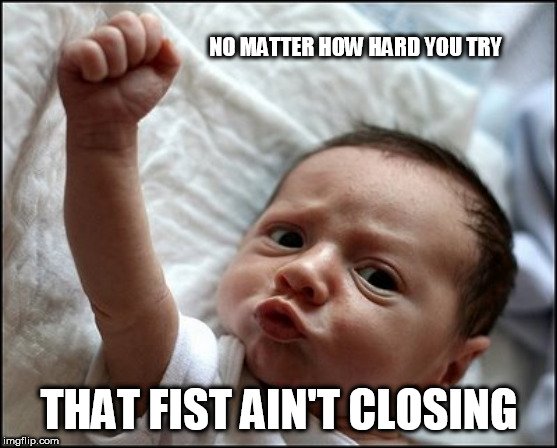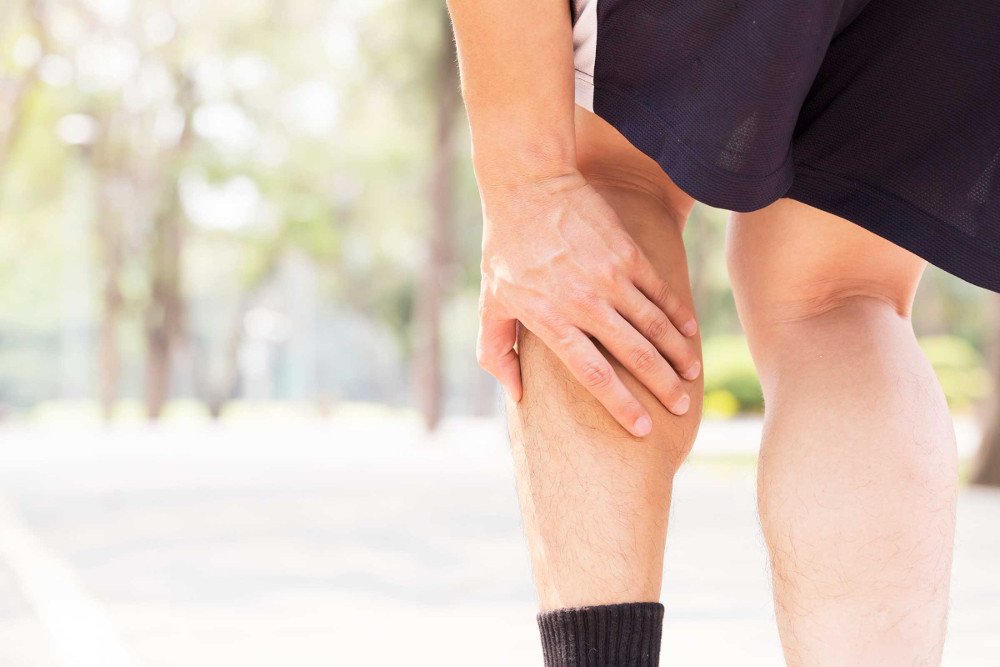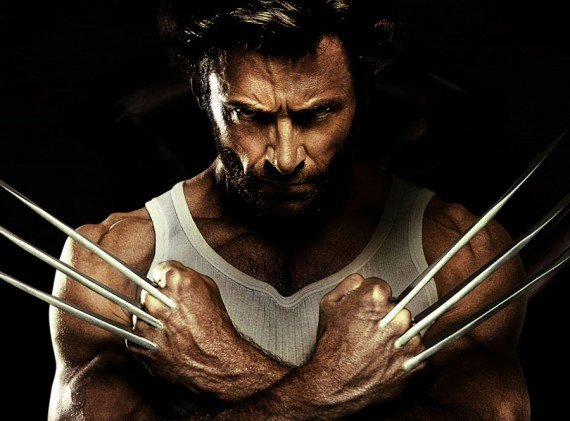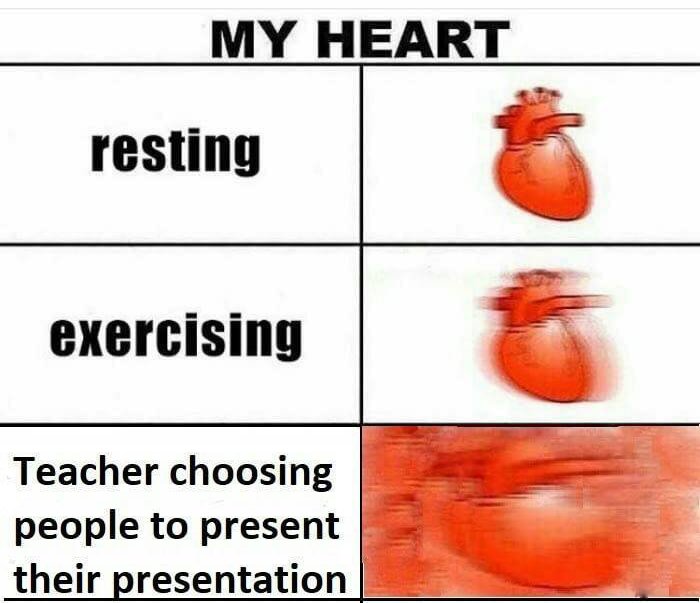Table of Contents (click to expand)
When you wake up, it takes some time to get the electrolytes flowing through the muscles in your hands again. That’s why you may not be able to make a fist right after waking up. This effect is more pronounced if you don’t wake up naturally.
Balling up your palm and making a fist is easy enough, isn’t it? But try doing that right after you wake up from deep sleep. It’s a simple enough task, yet it is tough to complete immediately after pulling out of slumber. Why is that?

As it turns out, there are a few reasons behind this strange bodily phenomenon.
Note: This is not a universal thing. Not everyone experiences difficulty clenching their palms into a fist right after waking up. Moreover, this little symptom may be a sign of a more serious condition that requires medical attention.
The Role Of Electrolytes In Muscle Engagement
For a muscle to contract, it needs two basic components – a nerve impulse (or an electrical signal from a nearby nerve) and electrolytes. Electrolytes are minerals that carry an electric charge when dissolved in a liquid. Common electrolytes are potassium, calcium, sodium, and bicarbonate.
A muscle needs calcium, potassium, and sodium to contract. When the muscle receives an impulse to contract from a nerve, it leads to a change in the electrolyte concentration in the muscle. Calcium and sodium enter the muscle cells, and potassium leaks out. Calcium, in particular, helps the muscles contract.
However, when the muscle needs to relax, it only needs potassium. This is why a lack of potassium causes such nasty muscle cramps.

Also Read: Why Do Our Fingers Curl When Sleeping?
Reduced Brain And Heart Activity During Sleep
When you sleep, your body relaxes and begins to heal itself. You see, when you’re moving around constantly or generally physically active during your waking hours, the heart needs to pump blood quickly so that all vital organs of your body function efficiently. However, when you are in a deep sleep, you do not move much moving around (unless you’re Wolverine, of course!).

Without any physical movement, your heart rate drops during sleep. This heart rate is enough to pump blood through your relaxed body, but not nearly as efficiently as when you are awake. Thus, the body decides which parts need the most oxygen and electrolytes and reduces blood flow to the muscles in the limbs. Your brain takes care of all this without you having to think about it.
The moment you wake up, all systems resume their “waking hours” duties, but this does not happen immediately. It takes some time to get the electrolytes flowing through the muscles in your hands again. That’s why you may not be able to make a fist right after waking up. This effect is more pronounced if you do not wake up naturally.
If you wake up in response to an emergency such as a fire or other danger, the dynamic changes. In this case, your body releases adrenaline, and you gain all the strength you need to cope with the “fight or flight” situation.

Also Read: Why Do We Stretch When We Wake Up?
Sign Of A Medical Condition?
Many people experience this weird sensation of not being able to make a fist just after waking up; it’s a perfectly natural thing to experience. However, if it occurs suddenly, without warning, or worsens over time, it could be a symptom of an underlying medical condition, such as rheumatoid arthritis or Lambert-Eaton myasthenic syndrome.
In other words, if you have never experienced this sort of hand weakness and suddenly do, it’s best to consult a doctor and get it checked out.
Do you know why it’s hard to make a fist right after waking up?
Can you answer three questions based on the article you just read?

